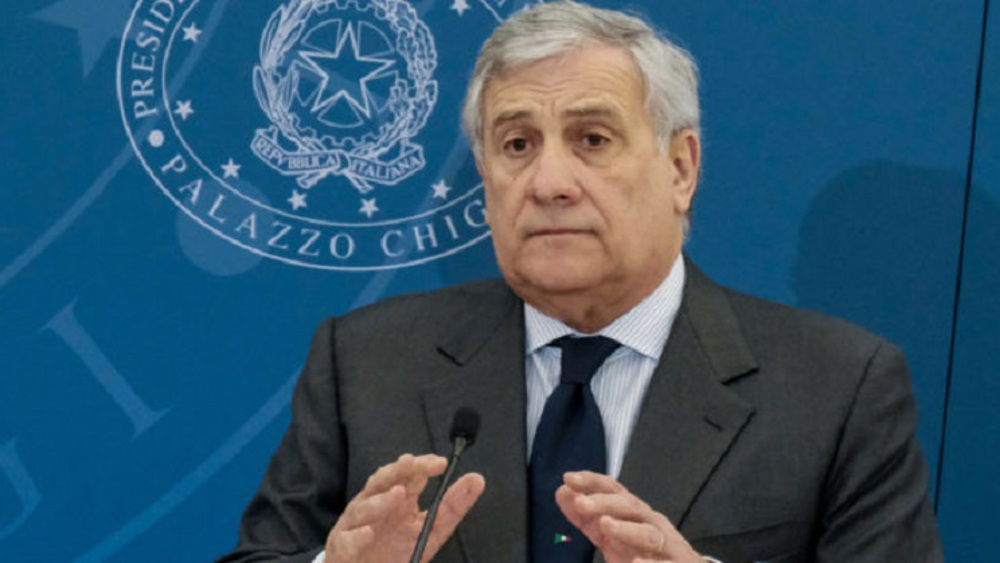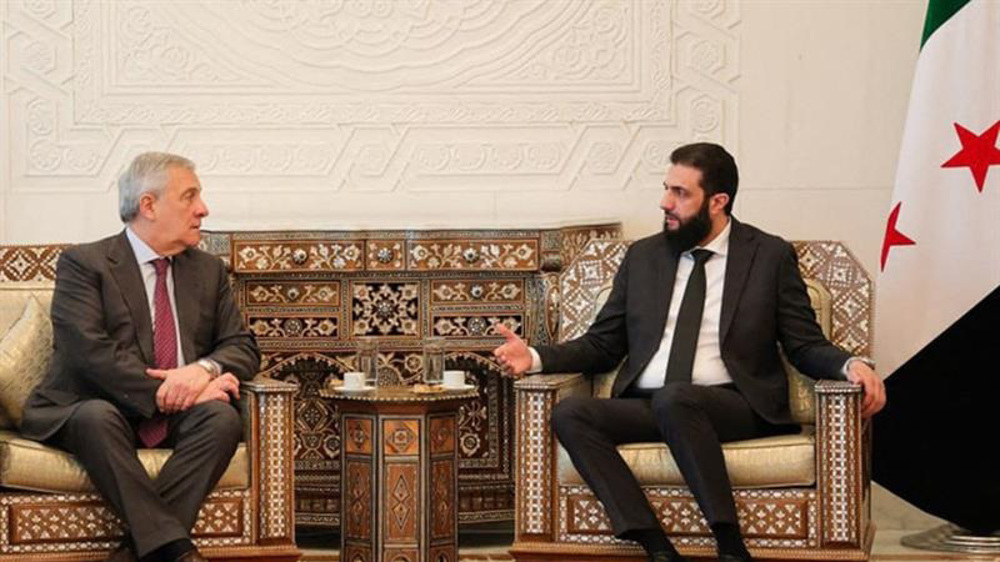EU: Nimr execution may have dangerous consequences for Mideast
The European Union says the execution of prominent Shia cleric Sheikh Nimr al-Nimr by the Saudi regime could have “dangerous consequences” for the Middle East, a region already in the grip of deadly turmoil.
In a statement issued in reaction to the execution, EU foreign policy chief Federica Mogherini said on Saturday that the specific case of Sheikh Nimr raises serious concern about freedom of expression and the respect of basic civil and political rights “also in the framework of the fight against terrorism.”
She warned that the case has the potential of sparking “further the sectarian tensions that already bring so much damage to the entire region, with dangerous consequences.”
On Saturday, the Saudi Interior Ministry announced that Sheikh Nimr along with 46 others, who were convicted of being involved in “terrorism” and adopting a “Takfiri” ideology, had been put to death.
Sheikh Nimr, a critic of the Riyadh regime, was arrested in 2012 in the Qatif region of Shia-dominated Eastern Province, which was the scene of peaceful anti-regime demonstrations at the time.
He was charged with instigating unrest and undermining the kingdom’s security, making anti-government speeches and defending political prisoners. He had rejected all the charges as baseless.
Mogherini, meanwhile, called on the Saudi authorities “to promote reconciliation between the different communities.”
In 2014, a Saudi court sentenced Sheikh Nimr to death, provoking widespread global condemnations. The sentence was upheld last March by the appeals court of Saudi Arabia.
Araghchi: Iran-Russia strategic deal step toward ‘more just world’
UNRWA unraveled amid Israel's allegations, reduced intl. support
Palestinian journalist, a Sobh Media Festival awardee, killed in Gaza hours before truce
Jan. 15: ‘Axis of Resistance’ operations against Israeli occupation
VIDEO | Fears, hope in Gaza amid intensified ceasefire efforts
VIDEO | Press TV's news headlines
Hamas: Ceasefire agreement result of steadfastness, resistance in Gaza over 15 months
Hamas thanks Iran, Resistance Front following achievement of ceasefire in Gaza















 This makes it easy to access the Press TV website
This makes it easy to access the Press TV website